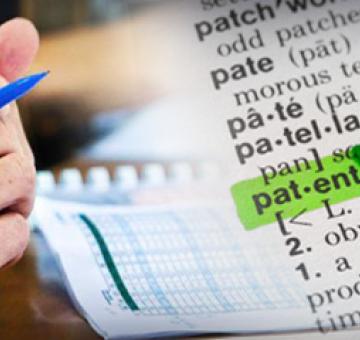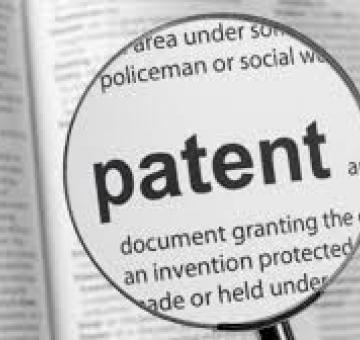Licensing your Intellectual Property

Obtained A Patent: What’s Next?
After filing and obtaining a patent, comes the next big decision: Whether to license, assign your patent, or start your own business and manufacture it yourself?
According to “Intellectual Property Guide”, a Patent Assignment is when the inventor decides to transfer/sell his right to a company for a one-time fee. It is considered a cheap and fast way to get investor out of the picture once and for all, but the inventor might receive less profit than the actual one realized by his invention, that’s why it’s not recommended.
Another option is Patent Licensing, this is basically a legal contract that authorizes another party to sell, manufacture, and make use of the inventor’s idea. It can be prepared by a Patent Attorney and signed even before the patent is officially issued. It is better than the assignment because the contract includes a royalty for the inventor, or a percentage of the sales in other terms.
This is the safer option if the inventor does not have enough resources to manufacture the idea himself, as he still gets to keep most of the ownership, get part of profits without bearing any financial risk and he also saves himself the hassle of the manufacturing/selling process, if he doesn’t come from a business background, which gives him time to focus more on inventing new ideas.
The third option is starting your own business to take your invention to market, and enjoy the whole profits and rights for your invention. However, it might be a challenging task because you will have many considerations to make including: capital, marketing, registration process and licensing, manufacturing, labor, materials, accounting, inventory, etc (30).
To be able to determine the best option for your invention, you must conduct in-depth market research and assess your own resources, to determine how will consumers buy your product and what shall be the best way to deliver it to them.
Among recommended market research strategies, “The Intellectual Property Guide” suggests Test Marketing Program, where the inventor sells his product to a small number of people, if feasible. Others include Trade Shows and Focus Groups; mainly conducting interviews with your target customers to know exactly what they are looking for.
IP as income
IP is an additional revenue stream. You can either “license” or “sell” your IP. In case of licensing your IP, the moment, for example, your patent has been granted in your country, you will be able to collect royalties from the people who are using your patent in that protected country. This is an outbound licensing situation which sees you making money from your IP rights.
To sell your IP, you need to be the owner of it. Ask our members of the IP Professionals’ community whether, when and how this applies in your specific situation as it depends purely on your economic motivation and situation. This applies to all types of IP.
Benefits of licensing:
- Sharing costs and risk - where a company licenses the right to manufacture and sell products, the licensor receives revenues from that licensing but does not take the risk of manufacturing, promoting and selling those products. On the other hand, the licensee has the right to use the IP without the expense and risk of the research and the costs of developing the product.
- Revenue generation - licensing can broaden the reach of IP into different markets.
- Increasing market penetration - an owner of IP may license another business to sell in territories that the owner cannot cover.
- Reducing costs - a business may ‘buy-in’ innovation to reduce its research and development costs.
- Saving time - a business may get its products or services to market more quickly by acquiring a license to use existing IP, instead of re-inventing the wheel (sometimes referred to as an “engineering workaround”).
- Accessing expertise - by taking a license, a business may tap into expertise that it does not have in-house.
- Obtaining competitive advantage - by acquiring a license to use IP, a business may obtain an advantage over its competitors.
- Collaboration - businesses may want to work together to develop new products and services. Whenever you think about taking or granting a license of any IP, the first step should be to assess the needs and objectives of your business and how licensing might help meet them.
When granting or taking a license isn’t appropriate For instance:
- if you have the ability to commercialize your own IP, you might be better off doing it yourself
- you should be wary of licensing your IP to companies who might lessen the value of the IP. For example, if you are licensing a trademark you will want to consider whether the quality of your brand will be affected by the goods it is applied to
- the prospective licensor may want to charge royalties that are too high and may restrict the growth of the business
- the IP to be licensed may be too weak - if a competitor could work around it and take away market share, it may not be worth investing in a license
- you have paid the balance of renewal fees
- any opposition to the cancellation has been dealt with
Source: WIPO
Contains public sector information licensed under the open government licence v3.0.





































































EgyptInnovate site is not responsible for the content of the comments